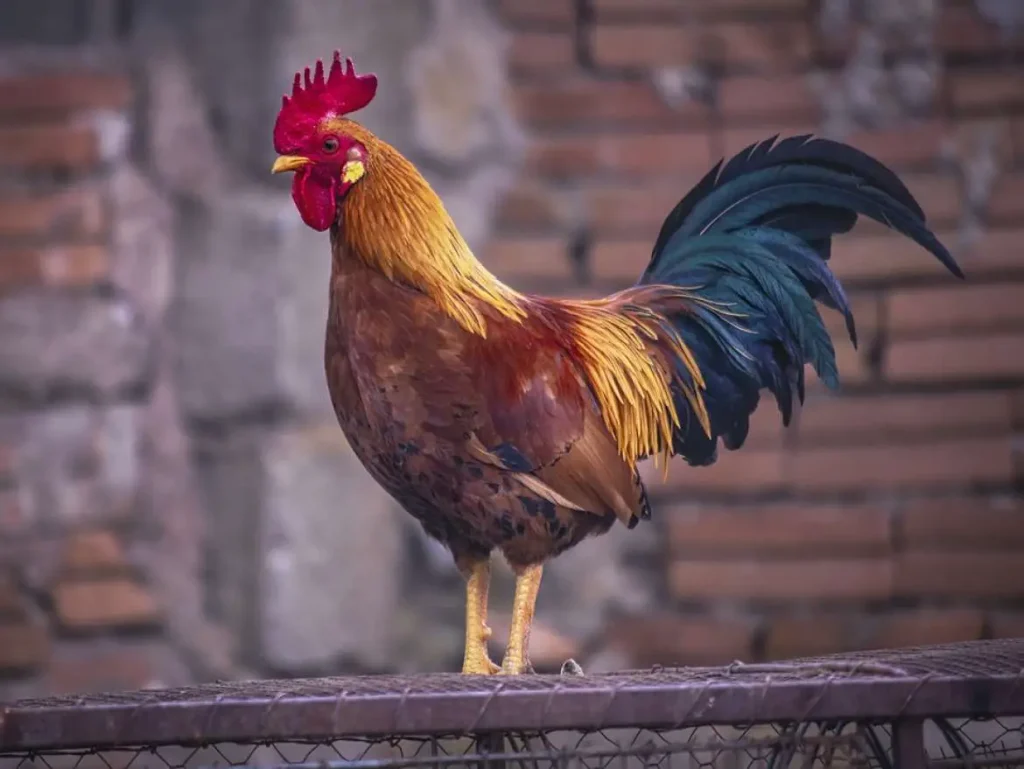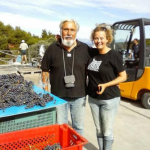May the 23rd, 2023 – Marko Zupa is a fairly well known entrepreneur from Split who lives in Zagreb. His company, the Gallus Group (Grupa), has very firmly positioned Croatian poultry on the regional map.
As Poslovni Dnevnik/Suzana Varosanec writes, while Marko Zupa’s business is dominantly in the field of marketing and communications, he boldly stepped into something quite different, more precisely the poultry industry with a new project. He did this as part of him taking over his family company from Duga Resa last year, which was founded back in 1994 by his father-in-law Srecko Vidmar.
This rather unusual business move has since well and truly paid off, as he successfully launched a new entity that is recognisable under the name the Gallus Group, and according to Zupa, it’s now the leader in the specific sector of capon production. Owing primarily to its nutritional value, this well-known French delicacy has been placed within a higher price range, more specifically in the niche of luxury and free-range poultry, and it’s also been setting records as a result.
“In terms of quantity, we’re currently the largest producer of capons in the Republic of Croatia, Slovenia, Bosnia and Herzegovina, and Serbia. There are ten tonnes of pure meat from us that ends up in restaurants and, for now, in one large Croatian butchers’ chain.
Negotiations are currently underway for our capon placement on the shelves of interested retail chains, as well as on the regional market. I estimate that we’ll have very good results from all of those talks,” stated Zupa, explaining that capons require a very a specific production process due to the demanding cultivation technology, as it is ecologically produced.
Capon production is within the Gallus Group is currently organised on three farms, but under the influence of growing market demand, Zupa has announced expansion. He is already preparing a new project for two more farms by the end of the year. All of the Gallus Group’s capon farms are located in Karlovac County near Zagreb, where there are no problems with the labour force, even though they’re primarily oriented towards local workers.
”Local workers are the best solution, and we’ve had no problems finding them,” Zupa said, adding that more employment is definitely on the cards.
In the process of improving his activities, Zupa first reorganised the business, which today he runs operationally through three divisions: Gallus Hatchery, which produces day-old poultry, Gallus Food, which raises said poultry and produces poultry products, and Gallus Trade, through which they import scarcely available and luxury poultry products.
“As part of the Galus Hatchery, this year we;ll produce around 700,000 one-day-old chickens, as well as one-day-old turkeys. Part of the production goes off to cooperative farms, and after the cultivation process is finished, we market the birds to our wholesale and retail customers. Our distribution network already includes about 60 wholesale stores and is constantly growing, and the goal is to expand our network of subcontractors and end customers by about 30 percent by the end of the year with additional activities,” explained Zupa.
He considers this goal to be realistic for the Gallus Group, as a response to the multitude of problems on the market, visible through the decline in the margins of producers and sellers, and the increasing turn of customers to cheap poultry from supermarket shelves, which are also often imports.
“In order to overcome this problem, we’ve been trying to maximise our business processes as much as possible because we’re aware that the higher the numbers, the lower the input costs we can negotiate. In short, we amortise this drop in the margin through a large volume, and that’s why growth is important to us. Input costs are rising – for example, hatchery egg costs have increased by more than 50% compared to 2022, and that price has already changed three times this year. Of course, we cannot, nor do we want to transfer all of this growth to the customer, so we as producers bear a large part of it. We fixed our prices back at the beginning of the year and haven’t changed them yet, and the same approach is shared by everyone in our production chain, including our subcontractors,” he assured.
Although the Gallus Group is in the group of small enterprises in the Croatian poultry industry, the focus is primarily on the ecological component of production and free-range farming, which, as Zupa claims, they will persist in because it’s “the biggest difference between us and the majority on the market, and also the support for competitive growth”.
“We’re guided by proven knowledge that when chickens get to live in less stressful conditions, the meat is juicier. In addition to that, our production of capons has attracted the interest of a scientific institution, so that through a development and research project here in Croatia, the cultivation of capons will be monitored throughout their life span,” explained Zupa.
For more, check out our business section.










